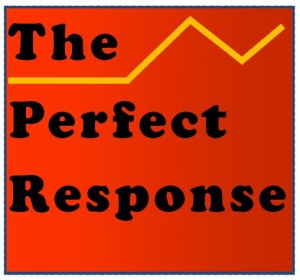We know we’re in trouble when the best he can do is incite more anger, which is about 180 degrees off course from the long-established presidential path of expressing condolences and promising hope.
One of the benchmark functions of the Presidency practiced by all modern occupants is the fulfillment of the role of “interpreter in chief.” We owe the phrase to Mary Stuckey, a presidential scholar, who reminded us a while ago that presidents function in part to explain crises to the American public and suggest ways forward. This rhetoric always speaks to our better selves and emphasizes widely shared beliefs. Somehow this President sees no need to manage crises by reassuring the public. Indeed, he appears to be among the relatively small percentage of humans who lack the capacity for empathy. He seems to not notice when the nation is grieving.
There is no shortage of good models for this vital presidential function. Think of Ronald Reagan after the Challenger disaster, Bill Clinton after the Oklahoma bombing, George W. Bush in the ruins of the World Trade Center and Barack Obama after the school shootings in Newtown Connecticut. F.D.R. was famous for his fireside chats, talking the country through the worst days of the depression and World War II. And then there was a grim John Kennedy reminding us of the choices he and the nation faced with the installation of missile bases in Cuba.
Why is Mr. Trump so unspeakably bad at this?
We have sensed the emotional wounds of presidents who have comforted survivors and understood the need to rise above partisanship. The interpreter function is fundamentally about empathy, sympathy, regret, and compassion. It may ask for sacrifice in the name of the greater good. It seeks to unify rather than divide. It asks for patience and tolerance. It projects calm rather than turmoil. It never threatens force against other Americans.
Why is Mr. Trump so unspeakably bad at this? We know we’re in trouble when the best he can do is incite anger: an impulse that is 180 degrees off course from the long-established presidential norm of promising hope. Aren’t more than 100,000 American deaths from a badly managed pandemic enough? How many small businesses need to be in dire straits? And doesn’t a history of the murder of unarmed African American men count for something?
Instead, the President passes up presidential eloquence and the bully pulpit, preferring a pathetic Twitter account misapplied as a tool of presidential leadership. He uses it like just like any another emotionally vacant troll looking for a cheap taunt. Meanwhile, one of the most admired traditions of presidential leadership remains out of sight.
![]()

